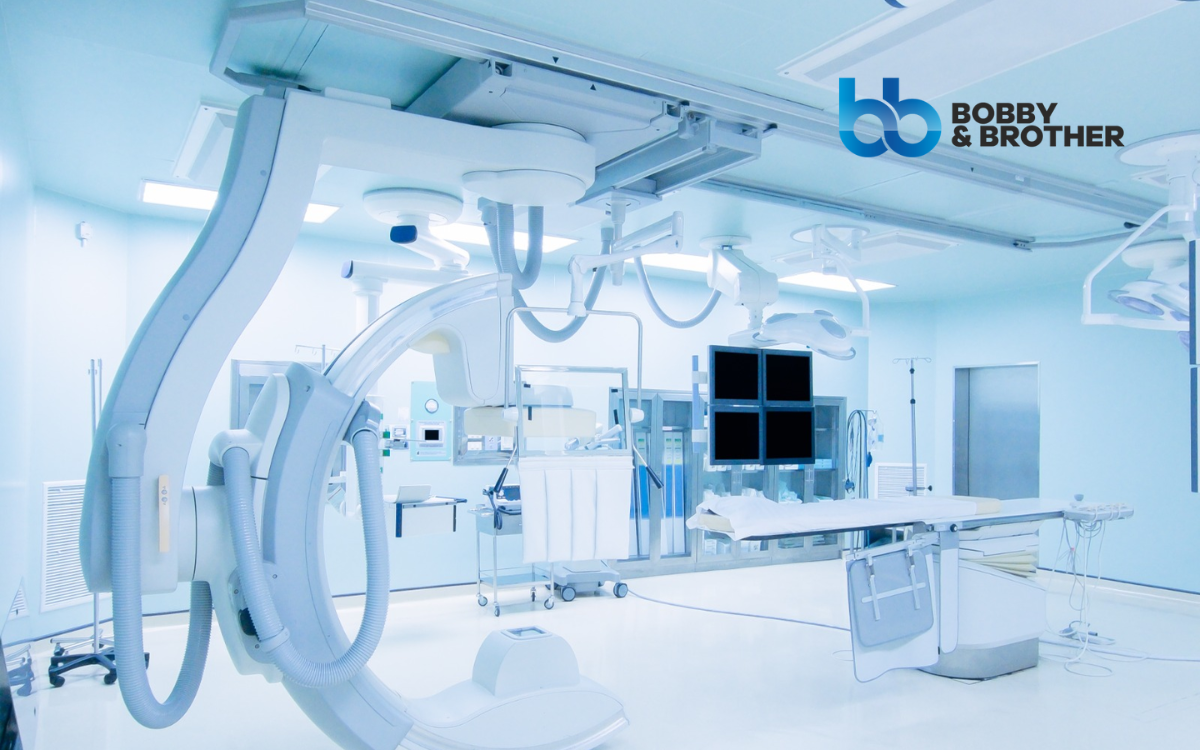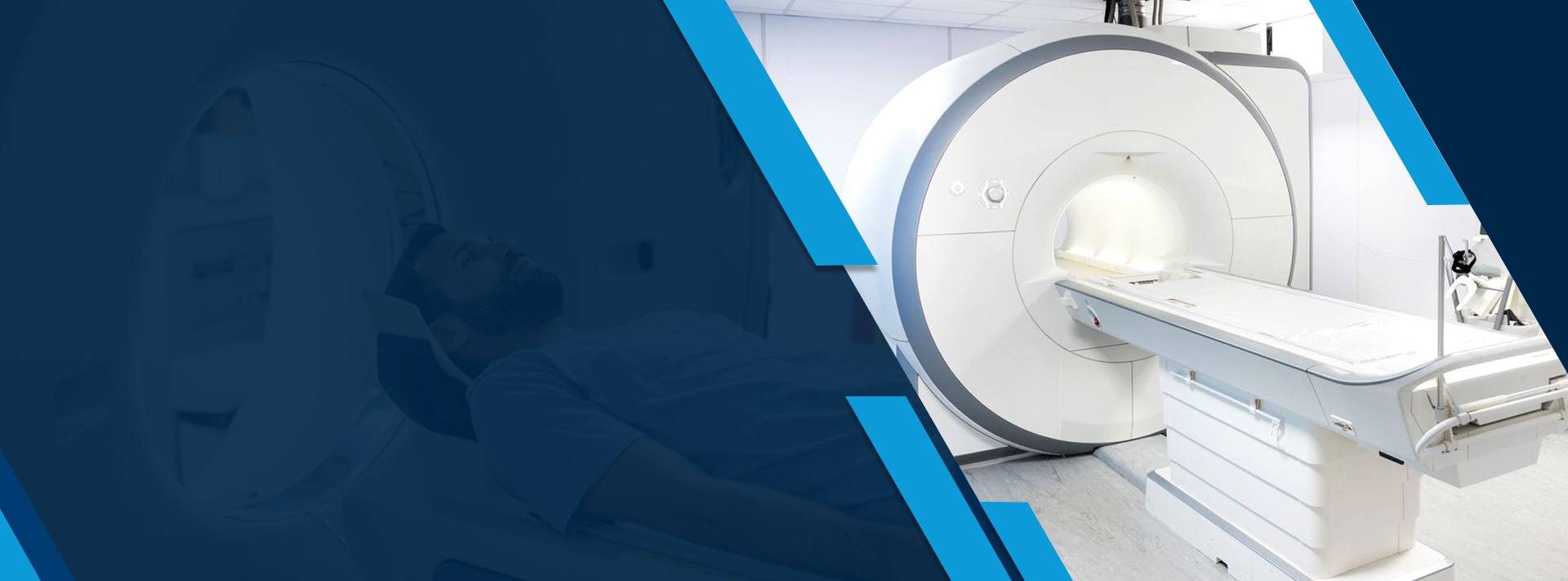What is an MRI Machine?
Magnetic Resonance Imaging (MRI) is a powerful diagnostic tool that uses a strong magnetic field and radio waves to create detailed images of the human body. MRI machines are complex devices that rely on advanced technology to produce these images.
The Different Components of MRI Machines
The Magnet
The main component of an MRI machine is the magnet. MRI magnets are incredibly powerful, with strengths ranging from 0.5 Tesla to 3.0 Tesla or higher. To put this into perspective, the Earth’s magnetic field is around 0.00005 Tesla. The magnet in an MRI machine creates a strong, uniform magnetic field that aligns the protons in the body’s tissues.
Gradient Coils
Gradient coils are another essential component of MRI machines. They are small coils of wire that produce a varying magnetic field, which helps to spatially encode the signals received by the receiver coils. The gradient coils are responsible for the loud banging noises heard during an MRI exam.
Radiofrequency Coils
Radiofrequency coils are used to transmit the radiofrequency pulses needed for the imaging process. These coils are placed around the body part being imaged and are designed to pick up the signals emitted by the protons in the tissue.
The Computer
The computer is the brains of the MRI machine. It controls the magnetic field, gradient coils, and radiofrequency coils to produce the images. It also processes the signals received by the radiofrequency coils and uses them to create the final image.
The Imaging Process
Once the patient is positioned in the MRI machine, the imaging process begins. The magnet creates a strong magnetic field that aligns the protons in the body’s tissues. The radiofrequency coils then emit radiofrequency pulses, causing the protons to move out of alignment. When the pulses are turned off, the protons return to their original positions, and a signal is emitted. This signal is picked up by the radiofrequency coils and sent to the computer, which processes the signal and creates an image.
Different types of MRI scans use different imaging techniques, such as T1-weighted or T2-weighted imaging, to highlight different types of tissue in the body. This allows doctors to see detailed images of the body’s structures and diagnose a variety of medical conditions.
In conclusion, MRI machines are complex devices that rely on advanced technology to create detailed images of the human body. The magnet, gradient coils, radiofrequency coils, and computer all work together to produce high-quality images that help doctors diagnose and treat a wide range of medical conditions.
Tips for MRI Maintenance
Here are some tips for MRI maintenance:
1. Follow the manufacturer’s maintenance guidelines: The manufacturer’s guidelines should be followed for maintaining the MRI machine. This will ensure that the machine is operating optimally and will help to avoid potential breakdowns.
2. Schedule regular maintenance checks: Regular maintenance checks should be scheduled to ensure that the machine is working correctly. These checks should include visual inspections, cleaning, and testing.
3. Keep the machine clean: The MRI machine should be kept clean at all times. This will help to prevent the build-up of dust, dirt, and other debris that can damage the machine.
4. Check the coolant levels: The coolant levels in the MRI machine should be checked regularly to ensure that they are at the correct levels. This will help to prevent overheating and potential damage to the machine.
5. Monitor the humidity levels: The humidity levels in the room where the MRI machine is located should be monitored regularly. High humidity can damage the machine, and low humidity can affect the quality of the images.
6. Train personnel on proper usage: Personnel who operate the MRI machine should be trained on proper usage and maintenance procedures. This will help to prevent potential damage to the machine and ensure that it is operating optimally.
7. Keep the room temperature stable: The room temperature where the MRI machine is located should be stable. Fluctuations in temperature can affect the quality of the images produced.
8. Use only approved accessories: Only approved accessories and components should be used with the MRI machine. Using non-approved accessories can damage the machine and affect the quality of the images produced.
9. Address issues promptly: Any issues with the MRI machine should be addressed promptly. Delaying repairs can lead to more significant problems and more extensive repairs down the road.
MRI Maintenance Technician
An MRI maintenance technician is responsible for maintaining and repairing MRI machines. This includes conducting regular inspections, performing preventive maintenance, troubleshooting issues, and repairing or replacing damaged components.
The primary responsibilities of an MRI maintenance technician may include:
1. Conducting regular inspections of MRI machines to ensure they are operating correctly
2. Performing preventive maintenance, such as cleaning and testing equipment
3. Troubleshooting issues with MRI machines and performing repairs
4. Replacing damaged or worn components, such as coils, magnets, or power supplies
5. Updating software and firmware to ensure the machine is operating optimally
6. Maintaining accurate records of maintenance and repair activities
7. Communicating with manufacturers, service providers, and other stakeholders to resolve issues and ensure optimal machine performance.
MRI maintenance Cost in India
The cost of MRI maintenance in India can vary depending on several factors, such as the type of MRI machine, its age, and the extent of maintenance required. Typically, the cost of regular preventive maintenance for an MRI machine can range from INR 50,000 to INR 2,00,000 per year. However, the cost of repairs and replacements can significantly increase the overall maintenance cost.
Additionally, the cost of maintenance may vary based on the location and service provider. Large cities may have higher costs due to higher operating expenses, whereas smaller towns may have lower costs due to lower expenses.
It is essential to keep in mind that regular maintenance is crucial for ensuring the optimal performance and longevity of an MRI machine. Neglecting maintenance can lead to more significant problems down the line and ultimately result in higher costs. Therefore, it is recommended to allocate a budget for regular maintenance and work with reputable service providers to ensure the best value for money.
Where to buy refurbished MRI machine
Refurbished MRI machines can be purchased from a variety of sources. Some of the most common places to buy refurbished MRI machines include:
1. Manufacturers: Many MRI machine manufacturers offer refurbished machines for sale. These machines have typically been restored to their original condition and come with a warranty.
2. Equipment vendors: There are many vendors that specialize in selling refurbished medical equipment, including MRI machines. These vendors typically purchase used equipment, restore it to its original condition, and then sell it at a discounted price.
3. Auctions: Used MRI machines may be available at auctions, either in-person or online. Auctions can be a good option for those looking to purchase a machine at a lower price, but buyers should be aware that the machines may not come with a warranty or the same level of support as a new or refurbished machine.
4. Private sellers: Some individuals may choose to sell their used MRI machines directly to buyers. This can be a riskier option, as buyers may not have the same level of protection as they would when purchasing from a manufacturer or equipment vendor.
When purchasing a refurbished MRI machine, it is important to research the seller and ask for references and certifications to ensure that the machine has been properly refurbished and is in good working condition. Additionally, buyers should consider the cost of ongoing maintenance and service when evaluating the overall value of a refurbished machine.
By following these tips, the lifespan of an MRI machine can be extended, reducing the need for frequent repairs or replacements and saving on costs in the long run.
Follow Us:
Facebook
Instagram




